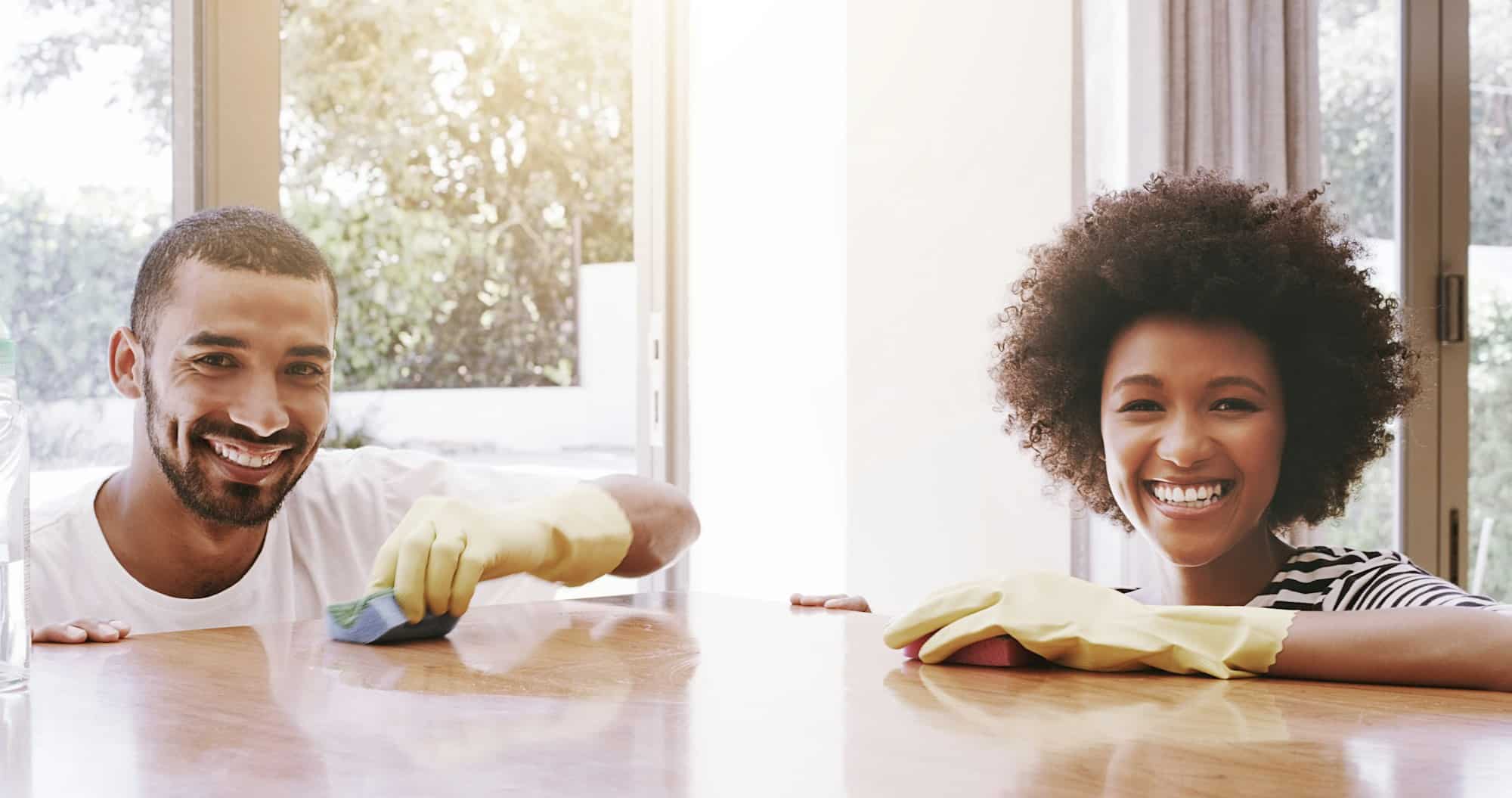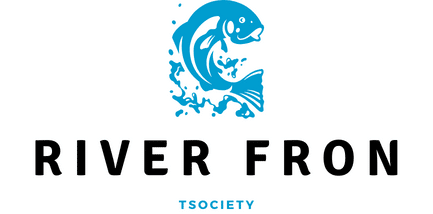Can a Micro Pig Be House Trained, and What’s the Best Method?

There’s an enduring charm associated with mini pigs, with many people envisaging these tiny porcine pets as an engaging addition to their family. But one critical question pops into mind – can a micro pig be house trained? The answer is a resounding yes. Like dogs, cats, and many other domesticated animals, mini pigs are entirely capable of being trained to live in a house environment.
We’ll delve into the specifics of how to train your piglet, what to expect during training, and how to maintain a clean, healthy environment for your pet. Each of these elements is crucial to your success in potty training a micro pig.
Also read : How to Choose the Right Size Crate for a Growing Great Dane Puppy?
The Fundamentals of Potty Training Your Micro Pig
Before we jump into the nuts and bolts of potty training, it’s essential to understand that pigs are inherently clean animals. They naturally tend to separate their eating and bathroom areas, making the process of potty training less daunting.
Creating a designated potty area: Choose a spot in your house or yard as the pig’s designated bathroom area. The pig will naturally associate this area with relieving itself over time. It is important to keep this area clean, as pigs are unlikely to use a dirty bathroom.
Topic to read : What Are the Best Interactive Toys for a Dog with Limited Mobility?
Using a litter box: Similar to cats, pigs can be trained to use a litter box. The box should be large enough for the pig to comfortably turn around in and should be lined with pig-safe litter.
Using a command: Pigs are intelligent animals and can be trained to respond to specific commands. You might use a command like "go potty" to signal to your pig that it’s time to head to the bathroom.
What to Expect During Potty Training
Training a pig, much like training any other pet, requires patience and consistency. It’s crucial to keep a steady routine, so your pig understands what is expected.
Patience is key: Pigs are smart, but they’re also stubborn. It might take some time before your pig consistently uses its designated bathroom area or litter box.
Reward good behavior: One of the most effective ways to train pigs is by rewarding good behavior. When your pig uses the appropriate bathroom area, reward it with a small treat or praise. This will reinforce the behavior.
Accidents will happen: There will be accidents, especially in the early stages of potty training. It’s important not to punish your pig for these mishaps. Instead, use it as an opportunity to reinforce the correct behavior.
Maintaining Your Pig’s Living Environment
Keeping a clean and healthy living environment is essential for the wellbeing of your micro pig. Pigs are susceptible to skin conditions, so keeping their living area clean will help keep their skin healthy.
Regular cleaning: Regularly clean your pig’s living area and litter box. This will help to prevent the spread of bacteria and will keep your pig’s skin healthy.
Proper food: Pigs are omnivores and require a balanced diet to stay healthy. Providing your pig with proper food will help to prevent health issues and will keep them happy and content.
Pig-proof your home: Pigs are curious animals and will get into everything if given the chance. Make sure to pig-proof your home to prevent your pig from getting into anything harmful.
Care and Management of Your Micro Pig
Once your micro pig is comfortably trained to use the bathroom in its designated area, it’s time to focus on other aspects of care and management. Remember, potty training is just one facet of owning and taking care of a pig.
Regular exercise: Pigs need regular exercise to stay healthy. Make sure to provide your pig with plenty of opportunities to run around and play.
Regular vet visits: Regular vet visits are important to ensure your pig is healthy. Your vet can also provide you with additional tips and information on caring for your pig.
Socialization: Pigs are social animals and need regular interaction with their human family members. Spend time each day playing with and caring for your pig.
In a nutshell, adopting and caring for a micro pig can be a rewarding experience, but it also requires a significant commitment of time and energy. House training a micro pig is possible, and with patience, consistency, and time, your micro pig will feel right at home.
Health and Wellness of Your Mini Pig
As your cute little pig grows, health and wellness become paramount in its development. Regular vet visits can help identify any potential health issues early and ensure that your mini pig is growing appropriately. Additionally, it’s important to understand a pig’s dietary needs and to provide enrichment activities to keep them mentally stimulated.
Balanced Diet: Mini pigs are not picky eaters. They are omnivores, just like humans, which means they eat both plants and meat. A balanced diet for mini pigs should include a variety of fruits, vegetables, grains, and a small amount of lean meat. Consulting with your veterinarian can provide the best recommended mini pig diet specific to your mini pig’s age, weight, and health condition.
Regular Exercise: Regular exercise is essential for your mini pig to maintain a healthy weight and prevent obesity, a common mini pig health issue. Simple activities like walking around the neighborhood, playing with toys, or even teaching them new tricks can provide adequate exercise.
Enrichment Activities: Mini pigs are intelligent creatures that require mental stimulation. Providing a variety of toys, learning games, and puzzles can keep them engaged and happy.
Rescue and Adoption of Mini Pigs
If you’re considering adding a mini pig to your family, adoption can be a rewarding option to consider. Pig rescues often have many mini pigs looking for their forever homes. However, it’s essential to be fully prepared for the commitment that comes with pig ownership.
Pig Rescues: Pig rescues are organizations committed to caring for and finding homes for unwanted or abandoned mini pigs. They can provide potential adopters with valuable pig info and resources to help them make informed decisions about pig ownership.
Adoption Process: The adoption process for a mini pig usually involves an application, home visit, and adoption fee. These steps are designed to ensure that the pig is going to a safe and loving home.
Post-Adoption Support: Many pig rescues offer post-adoption support, including advice on pig training, dealing with any pig sick issues, and providing ideas and inspiration for creating a pig-friendly home.
Conclusion
In conclusion, yes, a micro pig can undoubtedly be house trained, and with the right approach, it can be a fairly straightforward process. Remember, patience, consistency, and a whole lot of love are the keys to successful potty training.
But owning a mini pig is not just about house training. It’s also about providing them with a loving home, a balanced diet, regular exercise, and mental stimulation. And if you’re considering bringing a mini pig into your family, consider adoption. There are many mini pigs in rescues that are looking for their forever homes.
In the end, whether you’re a first-time pig parent or an experienced pig lover, the joy and companionship a mini pig brings are worth all the effort. So, are you ready to welcome a mini pig into your home?
